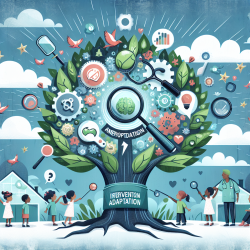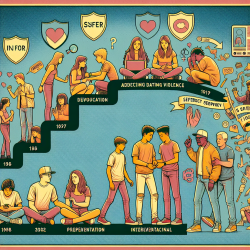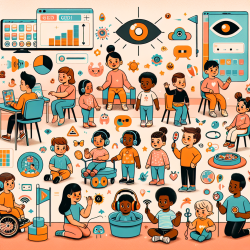Understanding Social Capital and Child Behavior
Child behavioral outcomes are crucial to assess due to their long-term implications on cognitive development and future well-being. Recent research by Poff, Jarvis, Dufur, and Pribesh (2024) has delved into the impact of family and peer social capital on child behavior in Japan, offering valuable insights for practitioners.
Key Findings from Japan
The study utilized data from the Japan Household Panel Survey and Japan Child Panel Survey, analyzing the relationship between social capital and child behavior. The results revealed that:
- Greater family social capital is associated with decreased externalizing problem behaviors.
- Peer social capital showed no significant association with either internalizing or externalizing problem behaviors.
This contrasts with Western contexts where both family and peer social capital typically influence both types of problem behaviors.
Implications for Practitioners
These findings highlight the importance of cultural context in understanding child behavior. For practitioners, this means:
- Focus on Family Dynamics: Encourage family interactions and support systems as they play a crucial role in reducing externalizing behaviors.
- Cultural Sensitivity: Recognize that peer influence may not be as significant in certain cultural settings, such as Japan, due to social conformity norms.
- Further Research: Consider conducting studies in diverse cultural contexts to better understand the nuances of social capital's impact on child behavior.
Encouraging Further Exploration
For practitioners looking to deepen their understanding, engaging with the original research can provide a more comprehensive view. This study serves as a reminder of the complex interplay between cultural factors and social influences on child behavior.
To read the original research paper, please follow this link: Family and Peer Social Capital and Child Behavioral Outcomes in Japan.










